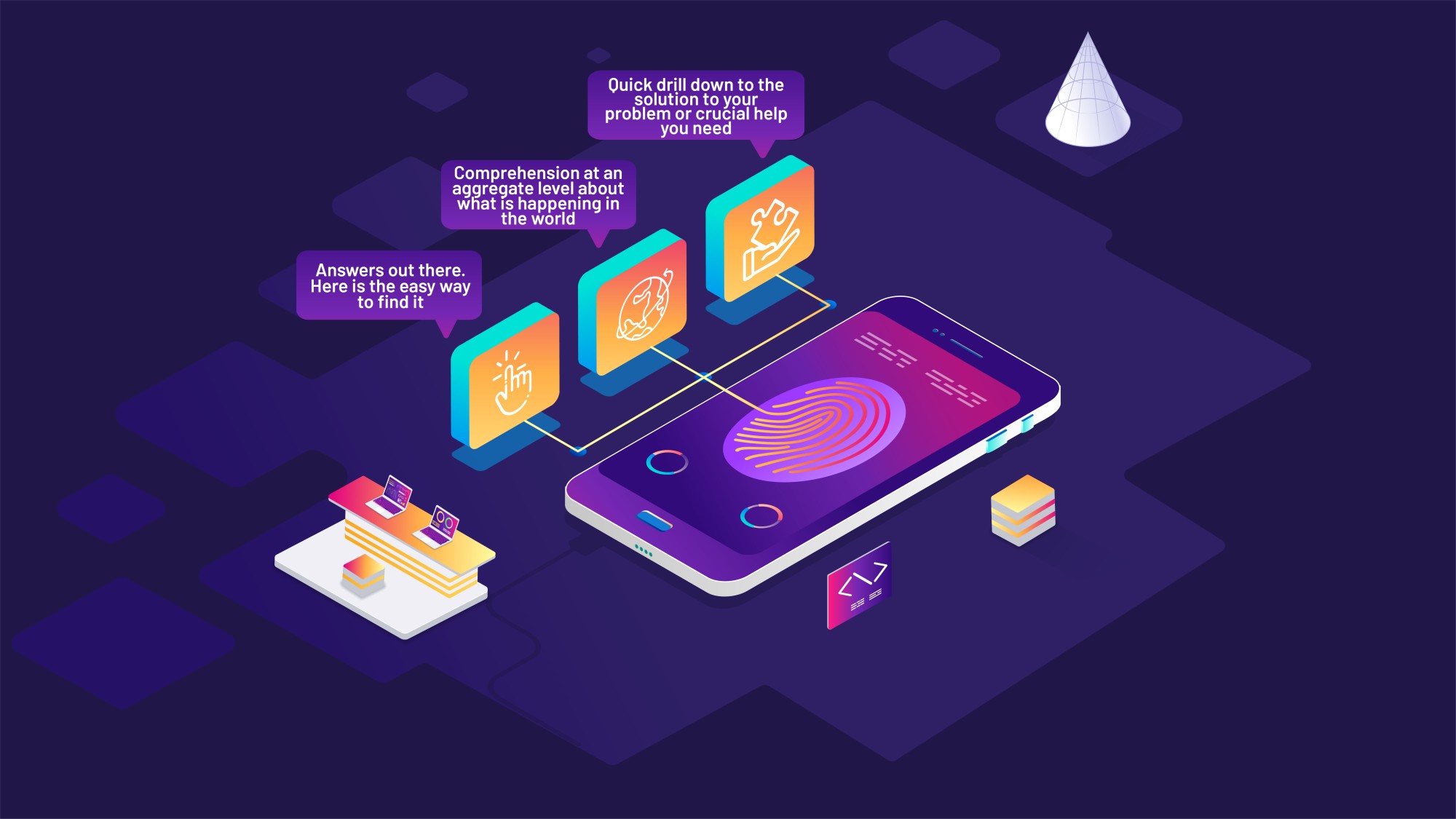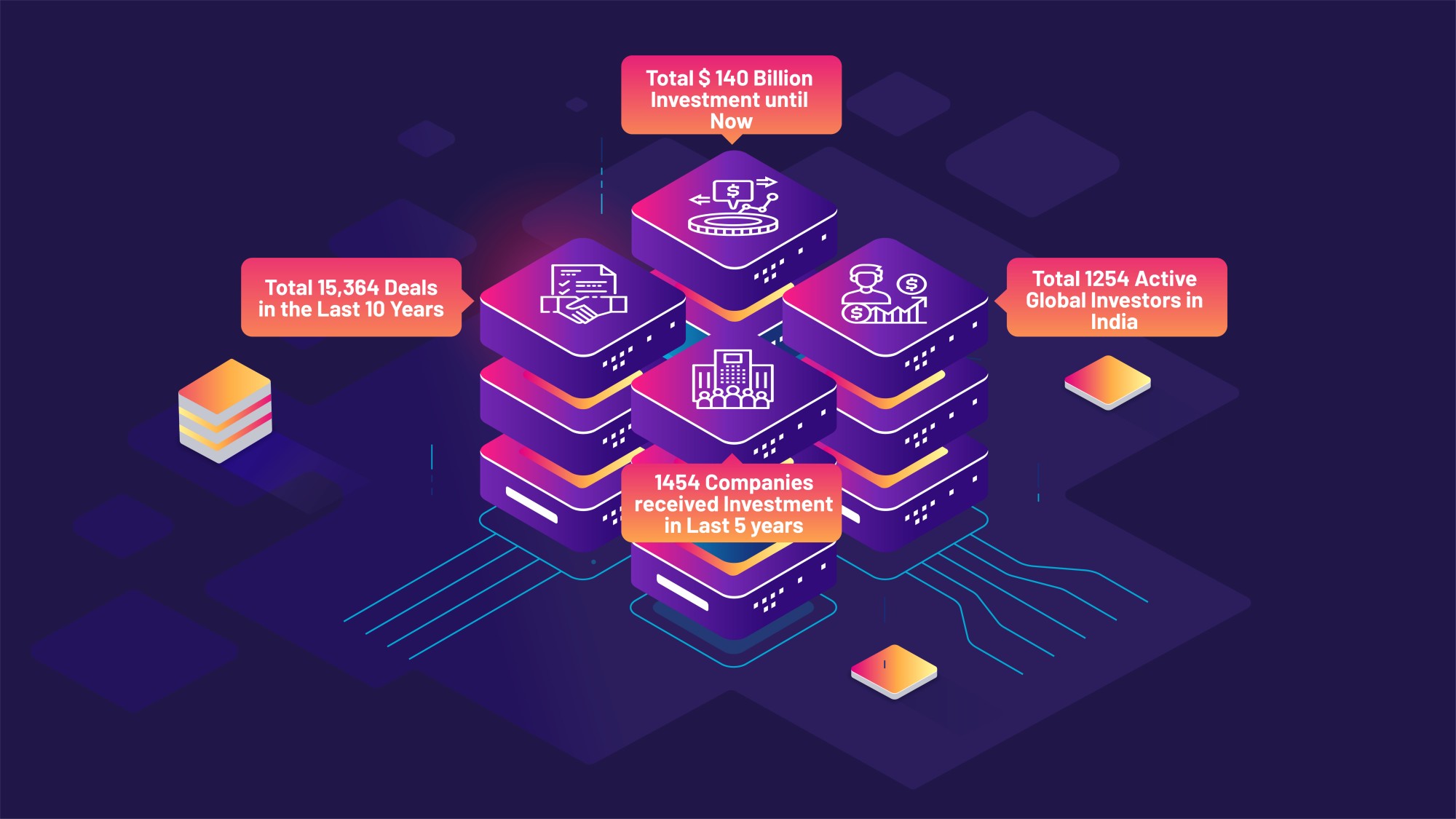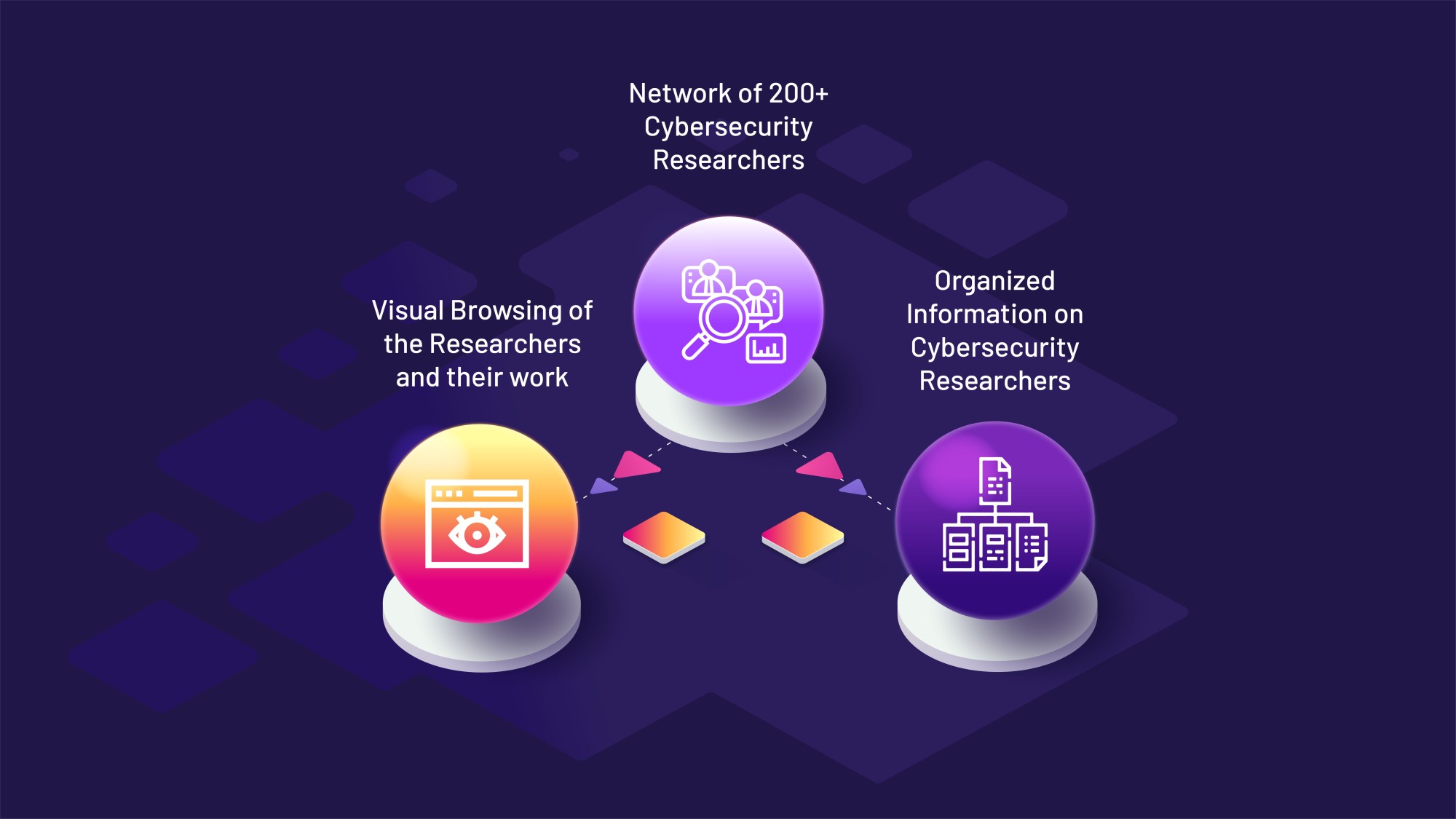Facebook, Amazon, Google, Microsoft, and Apple [FAGMA] are on the frontline bearing the brunt of privacy concerns, allegations, and policymakers. Silently, they are experimenting and researching to solve privacy problems, and in the process, are creating innovative IPs. By examining their patents, one gets a hint of how data privacy technologies would be shaped in the coming future.
The age of digitization centred around data unleashes many new possibilities, enhances productivity, and improves the people's experience doing business with you. The data-centric products, services, and business propositions gave rise to privacy concerns associated with data. Due to abundant ways of collecting data, using it for various designated and undisclosed purposes, and sharing it among an increasing number of players aggravated citizens' privacy concerns. Regulatory responses, such as GDPR, taking note of them imposed significant obligations and liabilities. They define and articulate the problems and remedies more granular and nuanced. The subject matters of privacy are expanding, and each is going deep. If not taken care of, they will hamper the process of digitization and inhibit innovations promising a brighter and inclusive future. Data sharing and access empower researchers, start-ups, and many public causes. Privacy concerns might constrain them, limiting digitization gains with existing and established players.
The rising volume of data and velocity of data transactions challenge the approaches relying on human efforts for privacy. The subject matters of privacy demand accuracy in managing the expectation. They expect privacy efforts to match the rising scale of data transactions and factor in the complexity involved. The regulations hope all elements that could lead to privacy ramifications should get their due attention. Moreover, there should be an assurance that all transactions involving personal data should conform to the privacy requirements in a predictable and disciplined manner. Without technology, it would not be easy to ensure and assure privacy in the fast-moving digitization. Hence, it would be essential to look at the technological innovations to help address privacy challenges in digitization in scalable, predictable, and disciplined ways. As FAGMA [Facebook, Apple, Google, Microsoft, and Amazon] are at the front line in the privacy debate, there is no better way than investigating patents filed by them to have a deeper understanding of technology trends shaping data security.
Data Security: Why should we look at FAGMA innovation in this space?
FAGMA companies undoubtedly are leading in the data innovation space. Data created their fortune and was largely responsible for becoming the most valuable companies globally. They provide standardized, consolidated, synchronized, and unified capabilities. They offer them in a commoditized and systematized manner, using networked and cloud technologies. Their ubiquitous global presence helps them scale up their ideas very fast across the corners of the globe. In the process, they are becoming a global aggregator of revenue. They collect and consume personal data. The volume and speed at which they collect data globally are incomparable. A large swathe of data and innovative experimentation centered around it attracted tremendous attention. As they drive the business and technology ecosystem, they started sharing personal information for various purposes. Revealing of weak data privacy practices, and hence instances of data breaches in some cases, aggravated privacy concerns associated with FAGMA companies. Depending on their work, FAMGA players of varied privacy impacts. However, in the discussion of privacy, they are often addressed collectively.
FAGMA companies are responding to these challenges by investing their efforts in research and developing technology solutions. The National CoE team compiled thousands of patents filed by FAGMA companies and distilled hundreds of them in data security and privacy for the study.
FAGMA Patents - To envisage the technical and privacy concerns, these tech giants have a growing appetite for new innovated solutions which aren’t necessarily the finished product but are perfected over time. Until now, many companies have struggled to adhere to such regulations. While the pandemic has relieved businesses, regulators will crack down hard this year on those companies failing to comply. Consequently, there will be a significant effort to improve practices. This approach recognizes that technology cannot solve compliance issues on its own and highlights a shift away from decades-old policies of growing a business and streamlining operations for the benefit of customers and revenue.
To curb the leading demand, innovations are done by the R&D department, as technology is the best way to manage privacy challenges. The Patents thus filed are leading indicators of where the company is headed. The individual Patents filed might only delineate an implicit contrivance, but collectively, patent activity can reveal strategic direction and priorities.

- By 2019 the max patents filed were by Microsoft.
- In 2020 max Patent filed was by Amazon.
- Significant rise in Patent by Apple in one the year 2018-2019.
- The Status quo of Facebook patent filing has seen insignificant changes.
- The slump in the Patent filed by Google in 2020.
One of the more significant patents filed by the social media giant Facebook was "Anonymizing User Identifiable Information" in Jan 2018. It defines that the PII (Personally identifying information) will be scrambled in the form of raw datasets, mirroring the original data and shielding third-party users' actual identity. The technique is that the Raw data set will be converted to Anonymity data set, and then this anonymized data set will be shared with third parties.
Users' personal info hosted on Facebook's servers would no longer be tied directly to a real identity. The goal is to build an anonymization system such that eventually, all raw identity data can be deleted. Hence Facebook would be able to share their client's Personal data with its vast ecosystem of advertisers while complying with new regulations such as GDPR. Facebook users' personal data would also be protected in the event of a data breach.
AMAZON
The Patent filed by Amazon in Jan 2018 was “Management of encrypted data storage.” With this Patent, Amazon can offer encryption (and decryption) as a service to its AWS customers. Encryption, the most common way to protect data, indeed has a tough infrastructure to manage. Organizations need to identify their most valuable data, encrypt it, and protect access to decryption keys while using and operating on that data. The workflow of the AWS here is to provide encryption to all the components of Service Provider Computer Network - The Key Management Service, Storage Management Service, and Storage System Data.
Google is also a leader in homomorphic encryption, with a few patent applications filed on this since 2013. Google filed two Patents in 2018, which garners more attention. First in March 2018 for Detecting Large Scale Leakage in Cloud. Google will scan the data hosted on Google Cloud by the enterprise while also leveraging encryption technologies to keep sensitive customer data confidential. It signifies that the patent prevents inadvertent data exposure by Google during a sensitive data breach detection process.
Recently, the new version of Cloud Security Command Center is the next-generation cloud security platform that offers vulnerability scanning, automated scans for sensitive data, and breach notification.
The other one published in May 2018 was “Access control for user-related data”. It was basically designed to secure user data on exchanges for coordinating online targeted advertising.
The data exchange between data providers and advertisers is secured and encrypted, the exchange flow is tracked, and the entities that access or alter data are monitored timely.
More specifically, Google is designing new approaches to track the origin of user data to prove its integrity, encrypt data in an exchange, and restrict who can share, access and operate on sensitive user data in an advertising ecosystem.
MICROSOFT
This tech Giant being an early bird, filed a patent for “Encrypting Genomic Data for Storage and Genomic Computations” as early as in 2013 which was granted in 2016 became an early leader in securing data in use. This Company leads the technical world by introducing the HOMOMORPHIC ENCRYPTION. Homomorphic Encryption performs operations on encrypted data, where previous data analysis required decryption, increasing risks of data breaches. It is considered a holy grail to operate on encrypted data. Now partner ecosystems can share sensitive data and findings while preserving privacy and adhering to healthcare industry compliance standards.
Similarly, Microsoft also granted a patent in 2018) called “Neural Networks for Encrypted Data.” Neural networks, in general, refer to mathematical models for machine learning and pattern recognition. Microsoft aims to perform handwriting recognition, computer vision, speech recognition, and natural language processing on sensitive data sets without compromising security.
APPLE
Dec’17, Apple filed a patent to “Repackage Media Content Data with Anonymous Identifiers.” With this invention, Apple serves users with personalized content on their devices without exposing identities to third parties, like advertisers looking to measure the effectiveness of their ad campaigns.
Apple is aiming at growing its contextual advertising business. Contextual advertising relies on less invasive targeting methods than Facebook and Google. Recently Apple announced it would start blocking third-party cookies and digital fingerprinting in Safari — a significant move for internet privacy. In addition, apple’s new feature ATT (App Tracking Transparency) allows consumers to opt-in or opt-out of data sharing.





